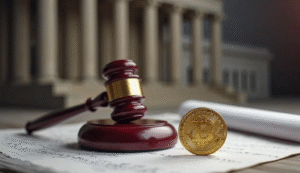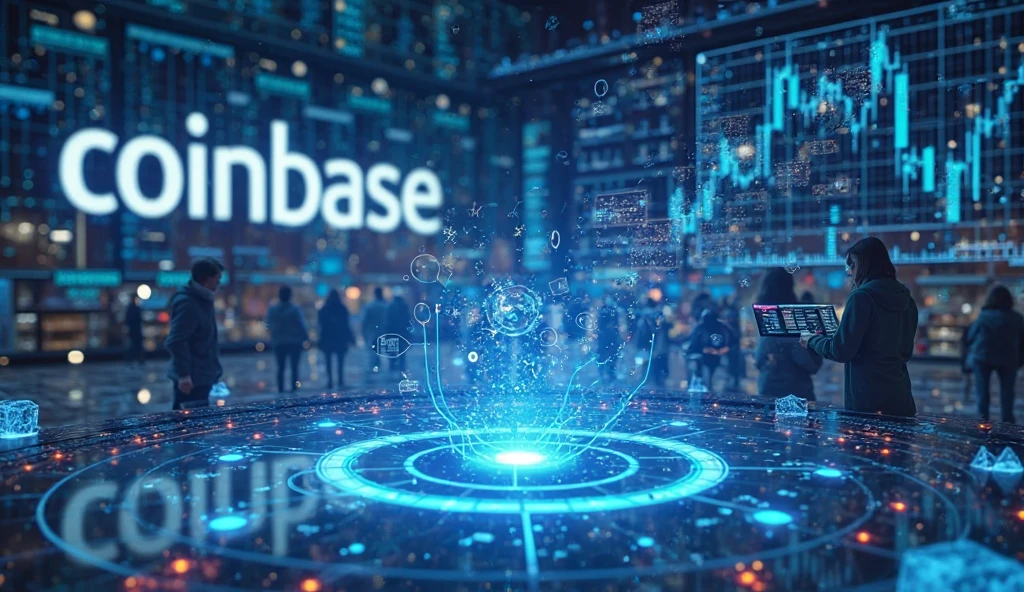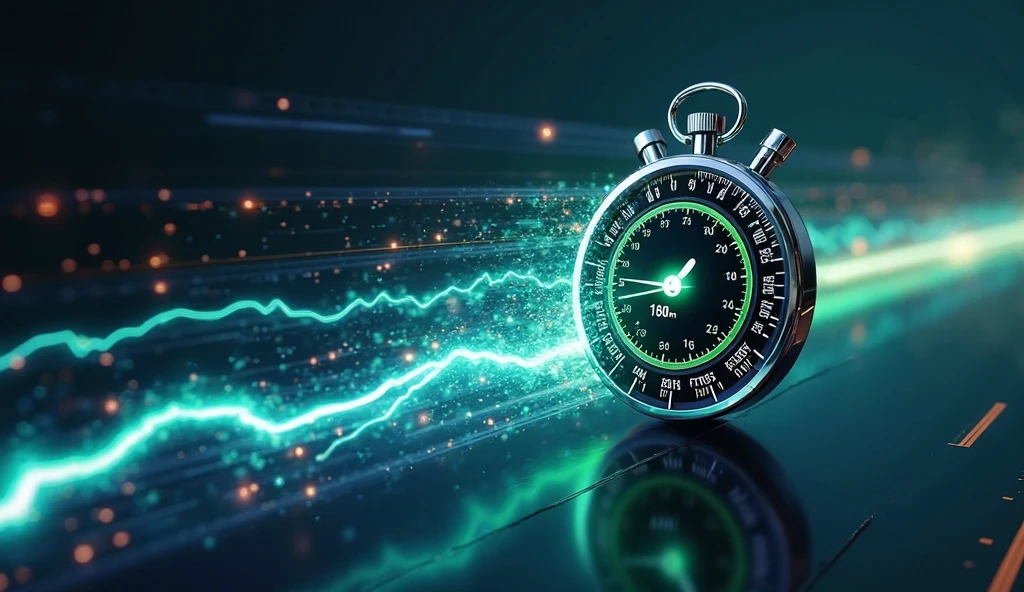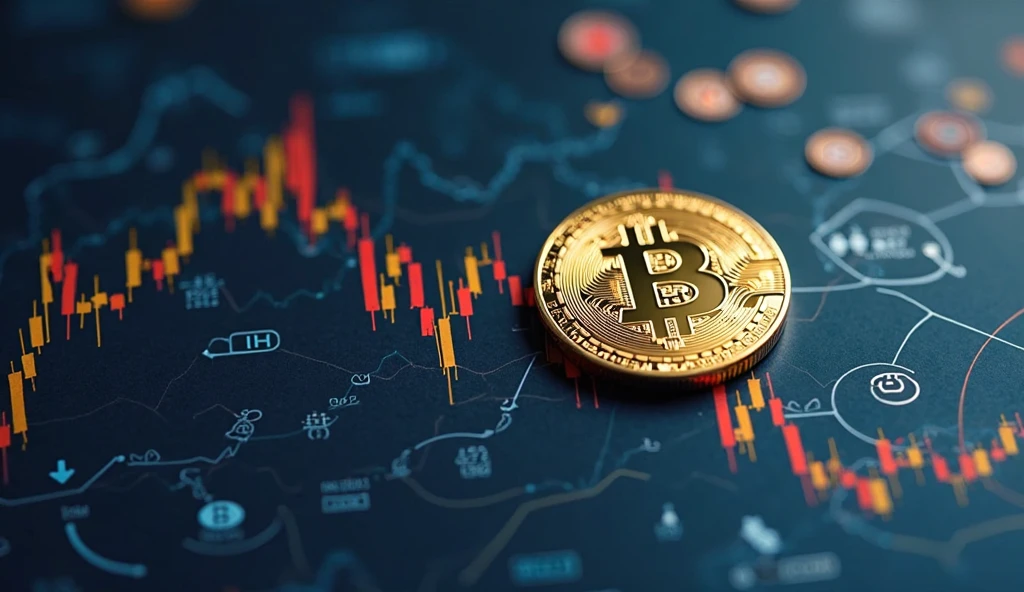In a landmark legal development, Do Kwon, the co-founder of Terraform Labs and the architect behind the infamous Terra and Luna cryptocurrencies, has entered a guilty plea in a high-profile United States federal case. This plea marks one of the most significant criminal admissions connected to the cryptocurrency market’s rollercoaster history, specifically the catastrophic collapse of TerraUSD (UST) and Luna in 2022, which wiped out tens of billions of dollars in value and devastated investors globally.
This article explores the details surrounding Do Kwon’s plea, the broader regulatory and legal ramifications for the cryptocurrency industry, and what this means for investor protections, future enforcement, and the maturing governance of digital assets. As the crypto sector increasingly faces scrutiny, understanding this case is critical for anyone involved or interested in the digital financial revolution.
1. Background: The Rise and Fall of Terra and Luna
1.1 What Were Terra (LUNA) and TerraUSD (UST)?
Launched in 2018 by Terraform Labs, Terra (LUNA) was a native blockchain token designed to underpin a decentralized payment network. TerraUSD (UST) was an algorithmic stablecoin pegged to the U.S. dollar, aiming to offer the stability of fiat currency combined with blockchain advantages such as speed and transparency.
Unlike traditional stablecoins backed by dollar reserves, UST maintained its peg through an algorithmic mechanism involving minting and burning LUNA tokens—a system meant to balance supply and demand automatically.
1.2 The Collapse of Terra Ecosystem in 2022
In May 2022, UST lost its dollar peg in a rapid and catastrophic “depeg” event. The algorithmic mechanism failed to maintain stability, triggering a massive sell-off. LUNA’s price plummeted from over $80 to fractions of a cent within days, causing one of the largest crashes in crypto history.
This meltdown wiped out approximately $45 billion in market capitalization, erasing fortunes and severely shaking investor confidence. It also led to significant regulatory backlash worldwide.
2. Legal Proceedings Against Do Kwon
2.1 Charges and Guilty Plea
Do Kwon faced multiple charges from U.S. federal prosecutors, including securities fraud, conspiracy, and violations of investor protection laws. The U.S. authorities alleged that Kwon and Terraform Labs misled investors about the stability and safety of UST and LUNA, contributing to the market collapse.
In a significant development, Kwon has entered a guilty plea. This admission not only acknowledges responsibility but also marks a rare moment where a major crypto founder accepts legal accountability for a market disaster.
2.2 Legal Implications of the Plea
The guilty plea opens the door for further legal proceedings, including sentencing and potential restitution for victims. It signals that regulatory agencies are willing and able to pursue high-profile actors in the crypto space aggressively.
Additionally, it sets precedent for how future crypto-related fraud or negligence cases may be handled by courts.
3. Broader Impact on the Crypto Industry
3.1 Increased Regulatory Scrutiny
Do Kwon’s plea underscores the growing regulatory scrutiny crypto projects face worldwide. Agencies like the SEC in the U.S., the FCA in the UK, and the FSA in Japan have intensified investigations into crypto platforms and token issuers.
Expect tighter disclosure requirements, mandatory audits, and stricter governance standards to become standard industry practice.
3.2 Implications for Investor Protections
The Terra collapse highlighted how quickly retail investors can lose substantial sums due to project failures or malpractices. Kwon’s legal outcome could accelerate calls for enhanced investor protections, including:
- Clearer warnings about risks and guarantees.
- Enforcement of transparency in project roadmaps and financials.
- Mandatory third-party audits of algorithmic mechanisms.
4. What This Means for Future Crypto Projects
4.1 Legal Accountability Is Coming
Kwon’s guilty plea signals that founders and executives cannot operate with impunity. Legal frameworks are catching up with technology, and actors responsible for fraud or reckless practices may face criminal penalties.
This prospect will encourage better compliance cultures and risk management practices among emerging projects.
4.2 Encouraging More Responsible Innovation
While the crypto space thrives on innovation and decentralization, it also requires responsible design, governance, and communication to protect users. The fallout from Terra encourages developers and businesses to:
- Engage regulators early.
- Emphasize robust testing of token mechanics.
- Foster transparent community communication.
5. Community and Market Reactions
5.1 Investor Sentiment
Many retail investors who lost money in the Terra collapse view the guilty plea as a step toward justice. It provides some closure and confidence that legal systems can protect their interests.
Institutional investors have also taken note, recognizing that stronger enforcement can reduce systemic risks and build trust.
5.2 Industry Introspection
The plea has prompted introspection within the crypto community, with calls for more self-regulation, stronger ethical standards, and greater accountability.
Industry groups and consortia may push for codes of conduct and voluntary standards to restore public faith.
6. What Investors Should Learn from This Case
6.1 Due Diligence Is Critical
The Terra incident illustrates the importance of thorough due diligence before investing. Understanding tokenomics, project governance, and technological risks are essential.
6.2 Beware of Algorithmic Stablecoins Risks
Algorithmic stablecoins, while innovative, carry inherent risks due to their complex balancing mechanisms. Investors should exercise caution and avoid overexposure.
6.3 Legal and Regulatory Environment Matters
Investors should consider how projects comply with regulations, which can affect long-term viability and legal risks.
Do Kwon’s guilty plea marks a pivotal moment in the maturation of cryptocurrency regulation and enforcement. It demonstrates that the era of unaccountable crypto founders is ending and that the legal system can hold major actors responsible.
This development will likely accelerate regulatory clarity, improve investor protections, and encourage responsible innovation in digital assets. While the crypto industry remains dynamic and transformative, Do Kwon’s case serves as a stark reminder that legality, transparency, and accountability are foundational to sustainable growth.
For investors, businesses, and regulators alike, the lessons from Terra and Kwon’s plea should guide future actions toward a safer, more reliable crypto ecosystem.






